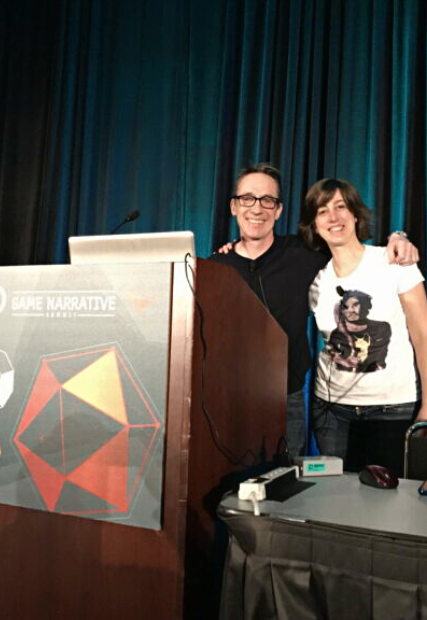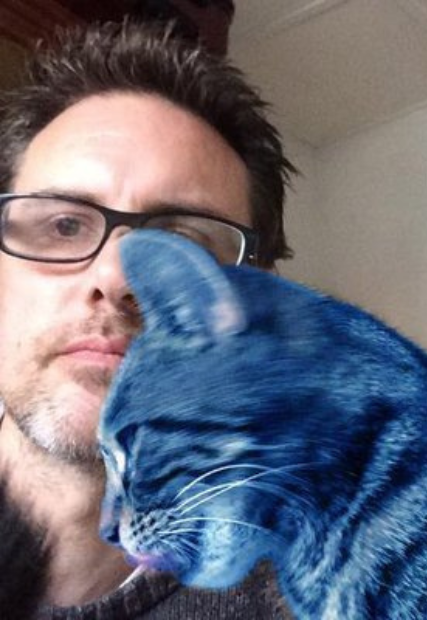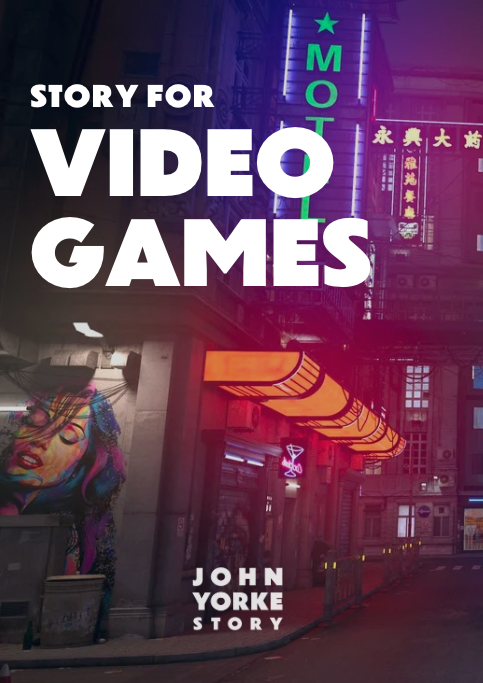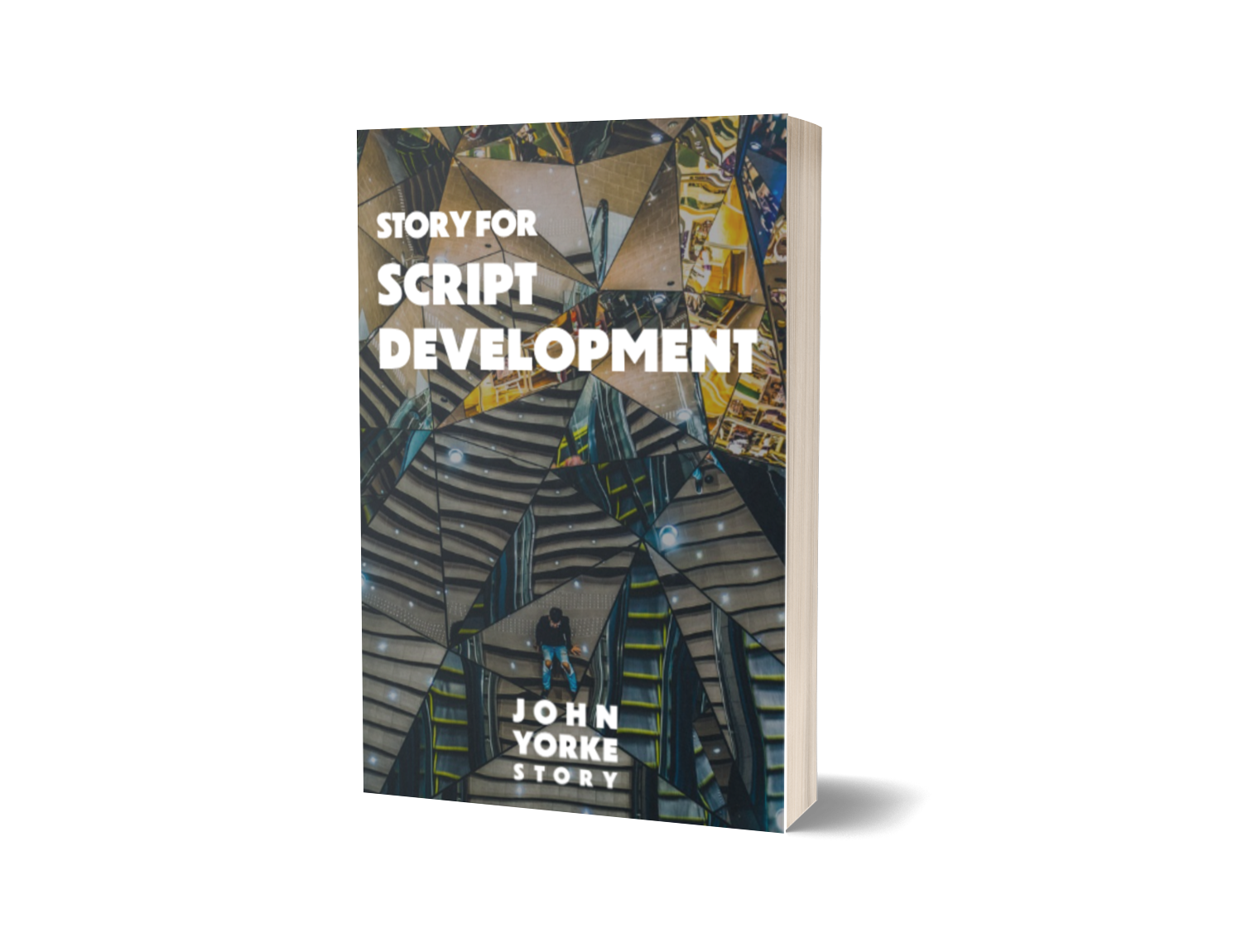Session 1: The Protagonist and The Player
We start with an in-depth analysis of what a protagonist is, their desire and their relationship to the player. You’ll learn about good characterisation and how the identification process works in interactive storytelling, and begin to develop the narrative foundations of your original game.
Session 2: Key Elements of Story
In addition to a protagonist and a desire, every story needs a compelling antagonist, an inciting incident, a journey, a crisis, a climax and a resolution. We’ll analyse all these elements in detail and how they work in games, looking at the best games out there today.
Session 3: Understanding Story Structure
We’ll focus on the ten questions you need to ask to make sure your story isn’t broken, and how you can structure it in three and five acts. By the end of the session, you’ll be able to deconstruct any story and will have mapped your game idea to a concise (but flexible!) act structure.
Session 4: Merging Story and Gameplay
The key challenge in game writing is to make story and gameplay work together. For this, you need to know your verbs, understand agency, choice, pacing and much more. You’ll lay out verbs and a roadmap of change in a macro design chart for your game, a hugely beneficial document to the development process.
Session 5: Storytelling Tips for Games
How you tell your interactive story is as important as what the story is. A great story told badly is worse than an okay story told elegantly. You’ll learn 15 essential tips on how to perfect your storytelling, from mastering your hero’s journey to subverting expectations and delivering exposition effectively. Find out how to appeal to your audience and keep them gripped to the very end. You’ll have a one-to-one call with your tutor to discuss your professional goals in taking the course.
Session 6: Writing in a Development Team
Learn what a development team needs from a writer — how you can contribute to, improve and make an impact on the quality of the final experience. We’ll also delve into the many ‘artefacts’ that a games writer actually produces in their day to day work (from shout-outs and in-world lore to cutscenes) and you can get to grips with industry tools such as Twine, Ren’Py and Ink.
Session 7: Documenting the Vision
In this final two-week session, you’ll develop an industry-standard story bible or a pitch document for your game. The choice will depend on your professional goals, whether it’s developing your portfolio, landing a role at a studio, securing funding for a game, or mastering the art of boiling down a nebulous concept into a few pages.
You’ll then discuss your next steps into the industry, with advice from our team at whatever stage you are at.















